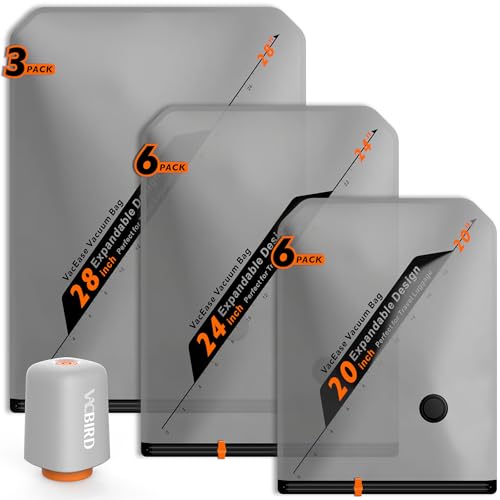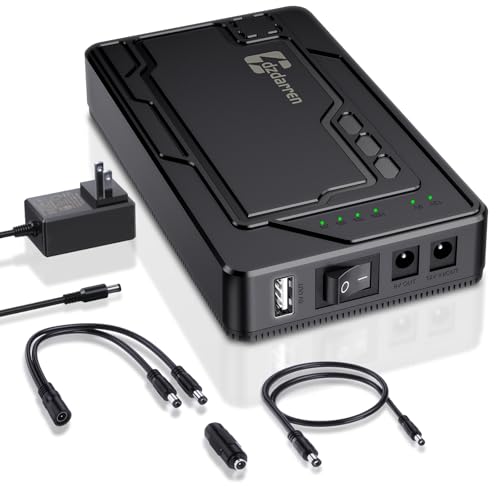Utilizing lockers or designated storage areas is a common practice in compact lodging facilities. These spaces often feature electronic locks, ensuring security for the possessions of guests. Before check-in, it’s advisable to inquire about the specific size limitations for bags, enabling travelers to plan accordingly.
In many establishments, staff members are available to assist with storing items, providing a personalized touch to the process. Be aware that some places may charge additional fees for this service; thus, confirming these details beforehand can prevent unexpected expenses.
Many options also prioritize convenience, offering luggage carts or assistance during the check-in and check-out processes. Such features enhance the overall experience, making it smoother for those who prefer to travel light while enjoying their stay.
Types of Luggage Storage Solutions in Capsule Accommodations
Security lockers stand out as a preferred method for safeguarding personal belongings. Typically, they feature digital locks or keypads for enhanced protection. Guests can rent lockers of varying sizes based on their needs.
Another common solution involves designated baggage rooms. These are monitored areas where travelers can leave their items. Often equipped with surveillance, they offer an added layer of security, allowing for peace of mind while exploring.
Custom storage compartments within each pod can also be found in some establishments. These built-in spaces allow guests to keep smaller items close at hand, optimizing the limited room available.
Valet services are a more upscale option. In this scenario, staff members manage the checking in and out of possessions, providing assistance for larger bags. This amenity often includes tracking for higher value items.
- Lockers: Secure, digital access.
- Baggage Rooms: Monitored spaces for larger collections.
- Pod Compartments: Built-in storage for quick access.
- Valet Services: Assistance for larger or valuable items.
Flexible storage solutions are also available, accommodating early arrivals or late departures. Some facilities allow for pre-check-in or post-check-out access, ensuring convenience for guests.
Security Measures for Protecting Stored Belongings
Utilizing robust security protocols is fundamental for safeguarding your items. Facilities employ various strategies, ensuring peace of mind while guests explore their surroundings.
Access control systems feature electronic key cards or biometric authentication, limiting entry to authorized individuals only. Surveillance cameras monitor activity continuously, deterring theft and enhancing overall safety.
Lockers are often enclosed in secure areas, with an additional layer of protection provided by personal locks. Digital lockers, which generate unique codes for each guest, further bolster security.
Here is a breakdown of common security practices:
| Security Measure | Description |
|---|---|
| Surveillance Cameras | Continuous monitoring deterring potential theft. |
| Electronic Access | Key card or biometric entry for restricted areas. |
| Secure Lockers | Personal lock systems and digital codes for each guest. |
| Staff Oversight | On-site personnel available to assist and monitor. |
In addition to these measures, some locations may offer insurance options for added security, giving travelers further assurance regarding their valuables. For those looking to keep their belongings safe during outdoor tasks, consider using best pressure washers for cleaning decking to further enhance your experience without worry.
Size Limitations and Requirements for Luggage
Dimensions and weight restrictions are critical for any traveler’s belongings. Before choosing accommodations, check specific guidelines on sizes accepted. Most places impose standard limitations to optimize space.
Common Size Restrictions
- Maximum height: 22 inches for upright items.
- Maximum width: 14 inches.
- Maximum depth: 9 inches.
Some facilities may accommodate larger pieces with prior arrangements or additional fees. Always clarify before booking.
Recommended Types of Bags

- Travel backpacks are highly suitable, especially those like the best travel backpack with trolley sleeve.
- Compact suitcases that meet the size requirements are also advisable.
Using efficient packing techniques can further aid in minimizing size. Vacuum bags can compress clothing, allowing for more efficient use of space.
Take into account the contents of your bag as well. Items that can cause spills or have a strong odor should ideally be avoided to maintain a pleasant environment for everyone.
For unexpected rain, consider bringing a compact, sturdy option such as the best premium umbrella. It’s a practical accessory that won’t take up too much space and will aid in comfort during travels.
Duration of Luggage Storage at Capsule Accommodations
Most establishments offering compact sleeping spaces provide limited timeframes for keeping personal belongings. Typically, the retention period spans from a few hours to several days, depending on the operational policies of each venue. For example, some places may allow items to be held until check-in or check-out times, facilitating transient travelers.
Extended Storage Options
For guests requiring a prolonged retention solution, certain facilities might offer arrangements for long-term stowing, which generally incurs an additional fee. It’s advisable to inquire in advance regarding availability and associated costs for extended durations. This flexibility can be beneficial for those with onward travel plans or day tours.
Recommendations for Travelers

Travelers should consider labeling their possessions clearly with contact information. Additionally, verifying the exact policies regarding time limits for personal property should be part of pre-visit preparations. This way, the likelihood of complications or misunderstandings can be minimized.
Cost Implications for Luggage Storage Services
The pricing structure for keeping bags secure varies widely based on location, duration, and amenities provided. Typically, fees range from $5 to $15 per item for short-term safeguarding, while extended time frames may attract discounts or package deals. Understanding the market rate in your destination is crucial for assessing overall travel expenses.
Additional Fees
Some establishments might charge an extra fee for oversized items or special handling, which can significantly increase the total cost. Always inquire about potential hidden charges when arranging for protection of your belongings.
Membership and Loyalty Programs

Certain chains offer loyalty programs that may reduce temporary custody costs or provide free services after a set number of stays. Frequent travelers should consider signing up to maximize savings, especially if planning several visits to the same location.
Comparisons with Traditional Hotel Luggage Storage Options
Unlike conventional lodging facilities, alternative establishments often employ a streamlined system for handling bags. Traditional options typically feature dedicated storage rooms managed by staff, which can lead to longer wait times during peak hours. In contrast, many of these modern accommodations offer self-service stations, granting guests faster access to their belongings and increased autonomy.
Standard lodging often has more stringent regulations about the dimensions and number of items accepted for safekeeping. On the other hand, the flexibility of the new establishments often accommodates various types of parcels, ensuring a broader range of guests find suitable solutions for their needs.
Security practices also differ significantly. While classic venues might rely solely on locked areas monitored by personnel, many alternative setups utilize advanced technologies such as digital locks or CCTV, enhancing peace of mind for patrons. Additionally, some may even provide private compartments, allowing clients to securely stow items with personal access.
In terms of expenses, traditional storage services may involve extra charges, often making them less budget-friendly. Conversely, the cost structures here are frequently integrated into the overall pricing model, offering a more inclusive and transparent approach to additional services without unexpected fees.
Timing considerations further illustrate distinctions; standard policies frequently limit storage duration, while alternative facilities often allow for extended hours, accommodating transient travelers more effectively. Such flexibility represents a significant advantage for guests who may require additional time to explore their surroundings without being encumbered by their belongings.








